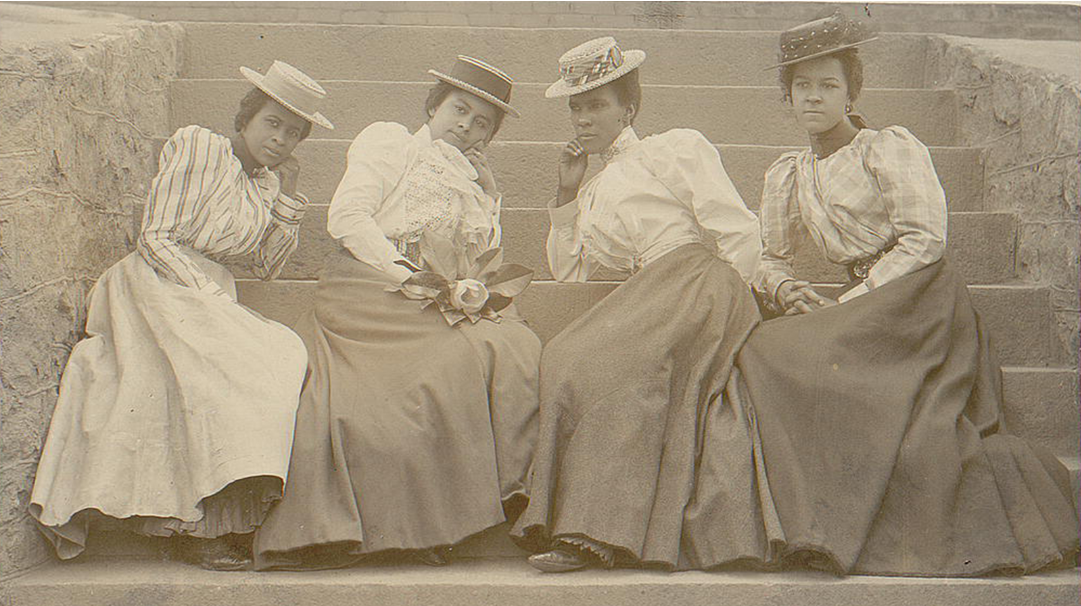
February marks the start of Black History Month, which celebrates the achievements of African Americans in United States history. From the Civil War to the Civil Rights movement, learn about women who may not always be recognized by history textbooks, but deserve recognition for their contributions in the fight for equality.
1. Sojourner Truth
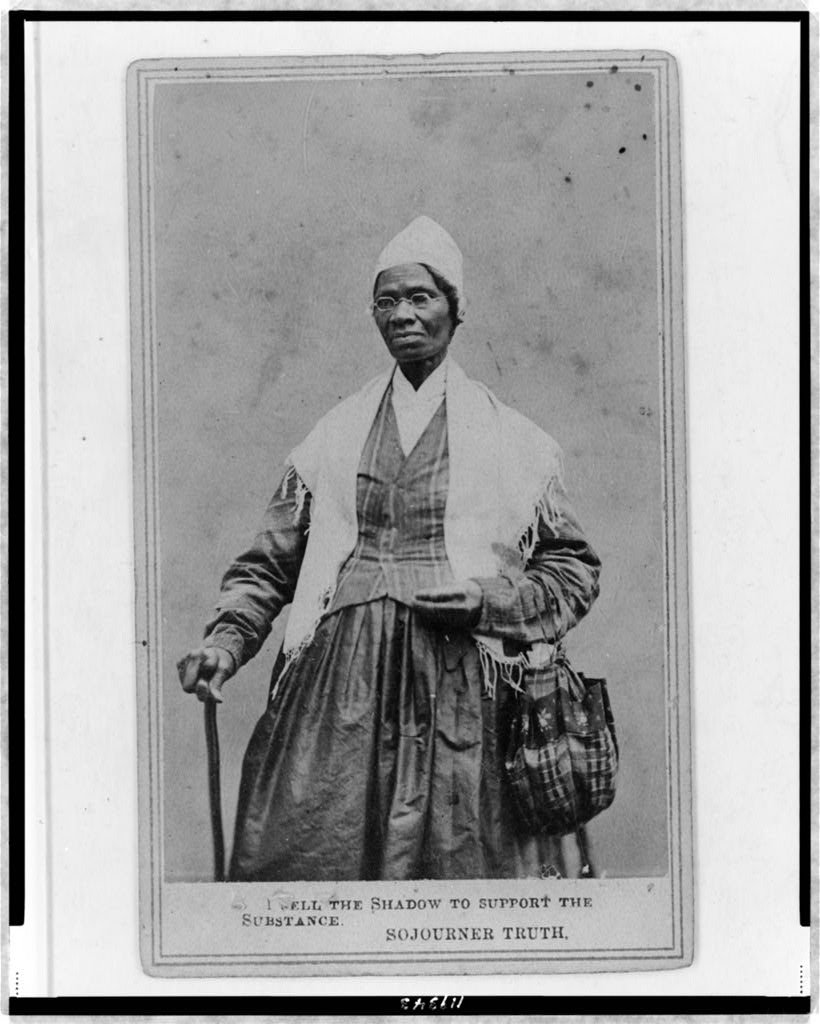
1797 – 1883
Who was she? Born into slavery, she was a fierce proponent of the Abolitionist movement and an early activist for civil and women’s rights. Her famous “Ain’t I a Woman?” speech at the Ohio Women’s Rights Convention in 1851 is still quoted today.
Significant quote: “Truth is powerful, and it prevails.”
2. Ida B. Wells
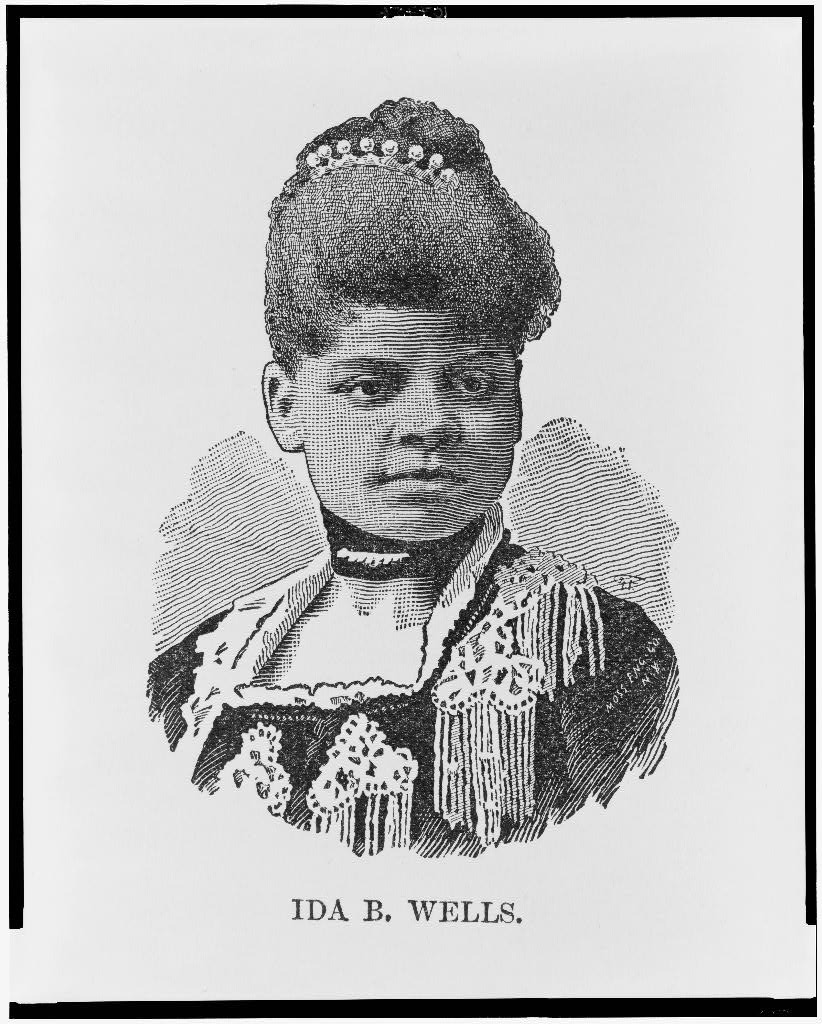
1862 – 1931
Who was she? A civil rights activist and journalist, she wrote about injustices in the post-Civil War south. She began an anti-lynching campaign throughout the country and established several civil rights organizations, including the National Association of Colored Women and co-founding the NAACP.
Read in the classroom: A Red Record, her personal examination of lynchings and injustice in America
3. Rosa Parks
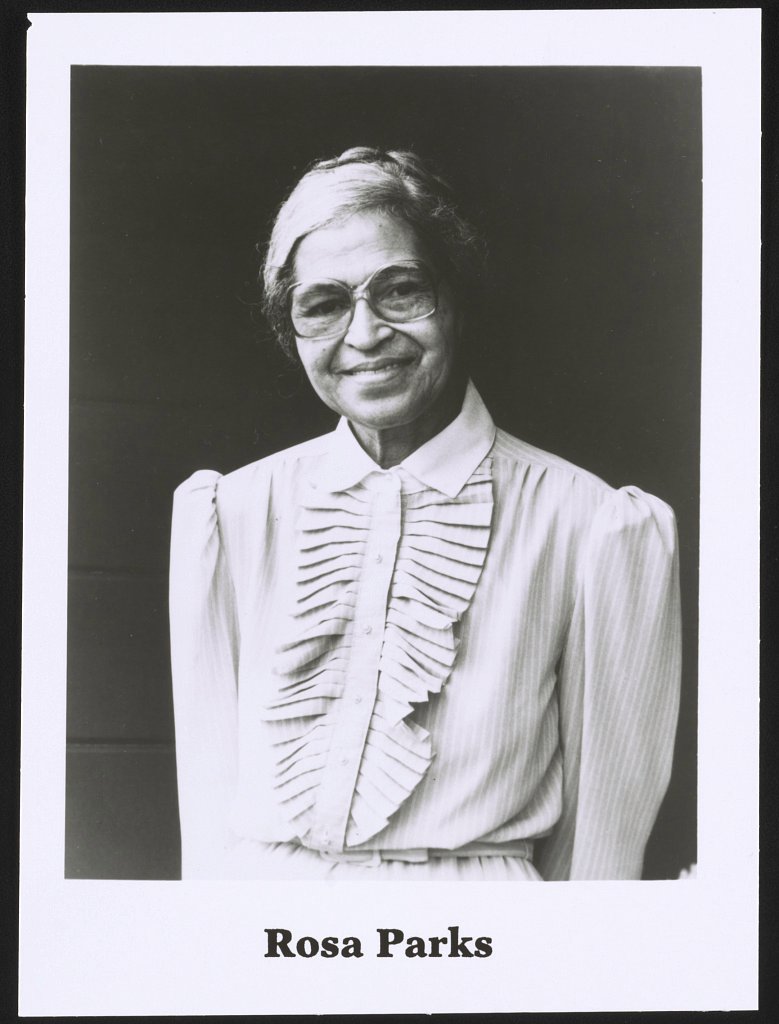
1913 – 2005
Who was she? Called both the “the Mother of Modern Day Civil Rights” and “the First Lady of the Freedom Movement,” she is most famously known for her pivotal role during the Montgomery Bus Boycott and civil rights movement. After refusing to give up her seat on the bus and move to the back, she became an international icon of resisting racism and segregation.
Awards: Presidential Medal of Freedom, Congressional Gold Medal, Martin Luther King Jr. Award, NAACP Spingarn Medal
4. Harriet Tubman
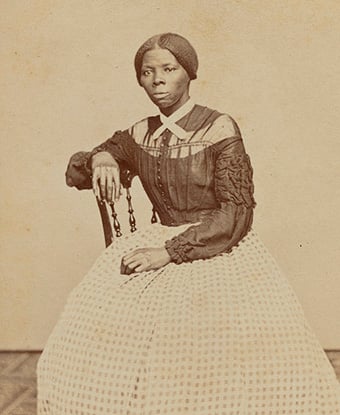
1822 – 1913
Who was she? Escaping slavery, she was a leader of the Underground Railroad who freed more than 700 slaves in her lifetime. During the Civil War, she was a Union Army scout and spy and also helped John Brown plan and recruit for his raid on Harper’s Ferry. She is undoubtedly one of the most famous and instrumental abolitionists and continues to be an icon for courage and freedom.
Significant quote: “Every great dream begins with a dreamer. Always remember, you have within you the strength, the patience, and the passion to reach for the stars to change the world.”
5. Ruby Bridges
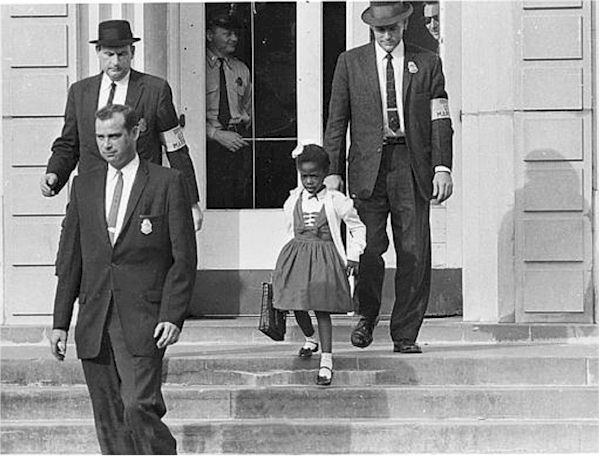
1954 – present
Who is she? The first African American child to integrate an all-white public school in Louisiana. She continues to serve as a civil rights activist and runs the Ruby Bridges Foundation, which promotes tolerance, respect, and appreciation of differences.
Literary legacy: She published her first book, Through My Eyes about her experience in school, and a children’s version, Ruby Bridges Goes to School: My True Story.
6. Mary Church Terrell
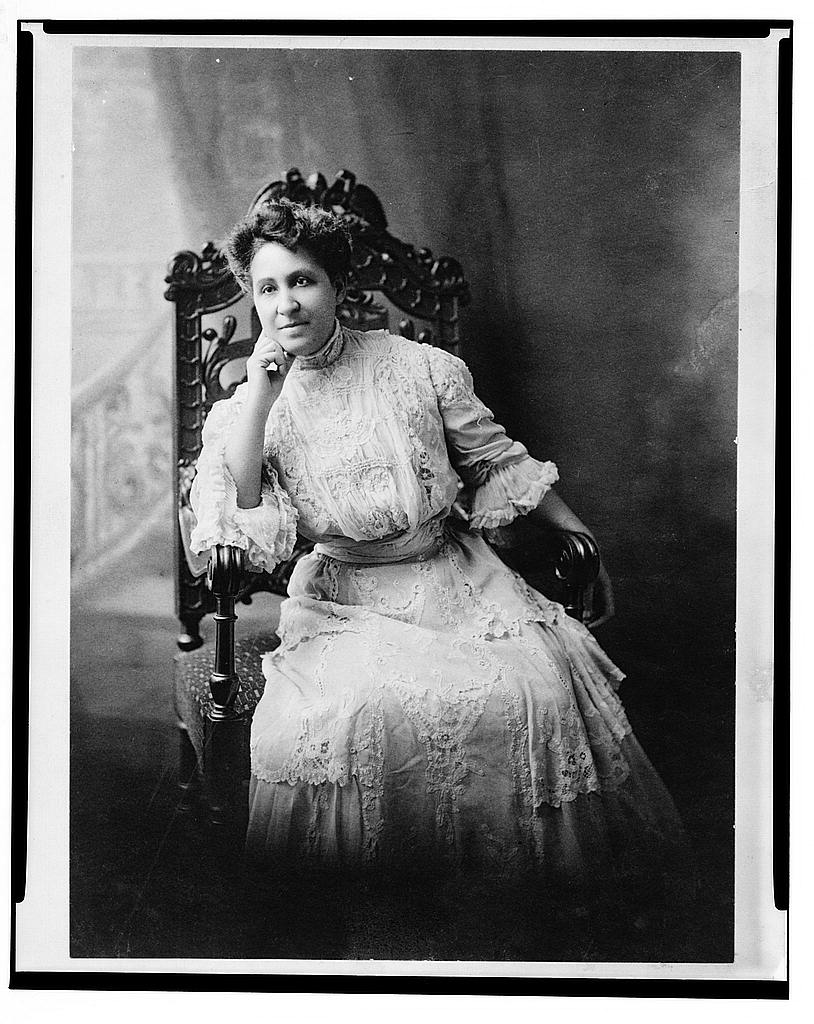 1864 – 1954
1864 – 1954
Who was she? One of the first African American women to earn a college degree, she was an important figure in the early civil rights and women’s suffrage movement. She also served as an educator at the first African American public high school and became the first African American woman to be appointed to a school board in the United States.
Read in the classroom: Her autobiography, A Colored Woman in a White World, which touches on her experience with discrimination as an upper class African American woman.
7. Claudette Colvin
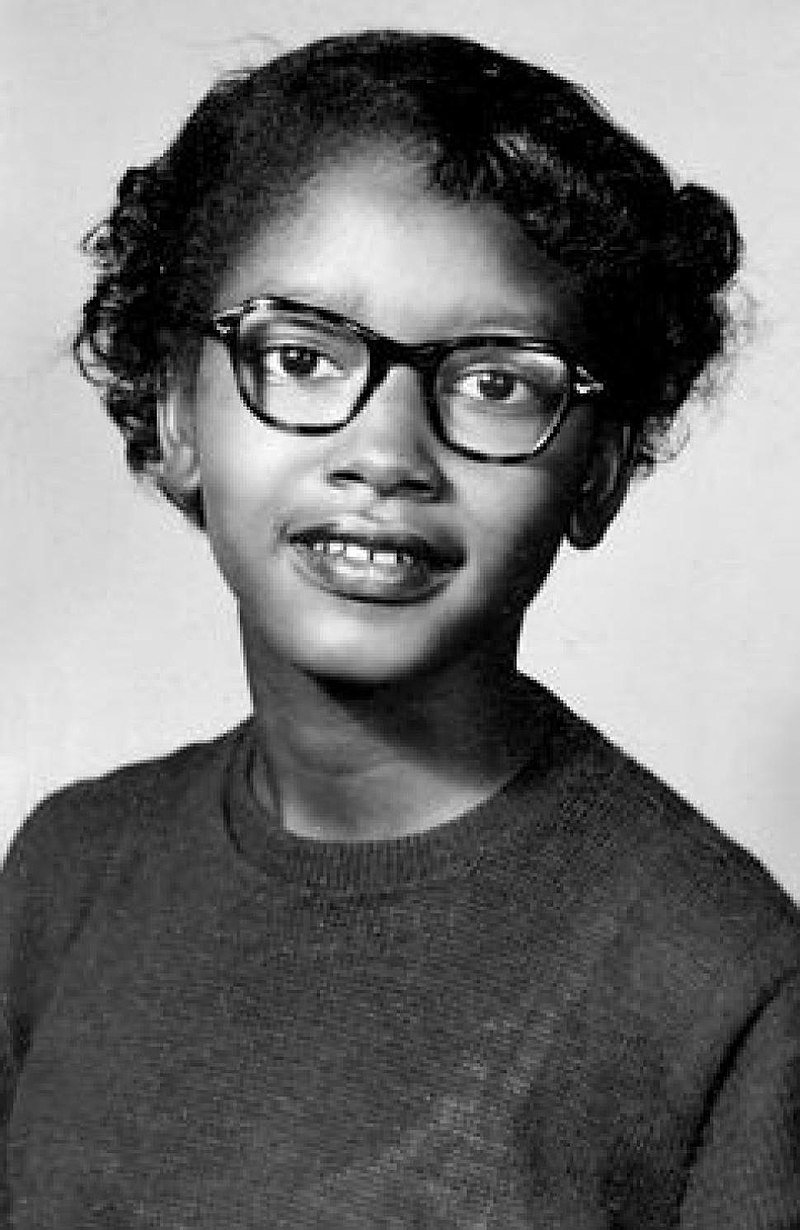
1939 – present
Who is she? A predecessor to Rosa Parks, she also gave up her seat on a bus in Montgomery, and became a pioneer in the civil rights movement. She was one of five plaintiffs in Browder v. Gayle, which aimed to change bus segregation laws in Alabama and all over the country.
Literary legacy: Pulitzer Prize winner and former U.S. Poet Laureate Rita Dove wrote “Claudette Colvin Goes To Work” about her refusal to give up her seat.
8. Coretta Scott King
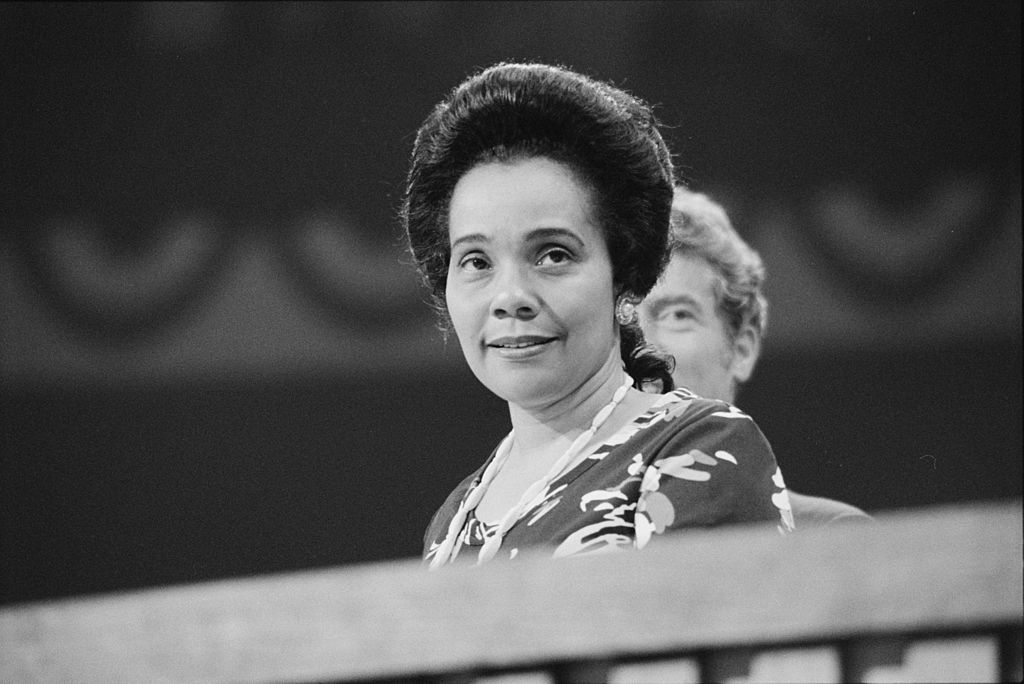
1927 – 2006
Who was she? While she was known as the wife of Martin Luther King Jr., her own contributions in the fight for equal rights are extensive. After her husband’s assassination, she helmed the Civil Rights Movement herself and broadened her scope of advocacy to include women’s rights, LGBTQ rights, and opposition to apartheid.
Legacy: The Coretta Scott King Award is given annually to African American authors and illustrators who publish children’s books about African American culture and universal values.
9. Adella Hunt Logan
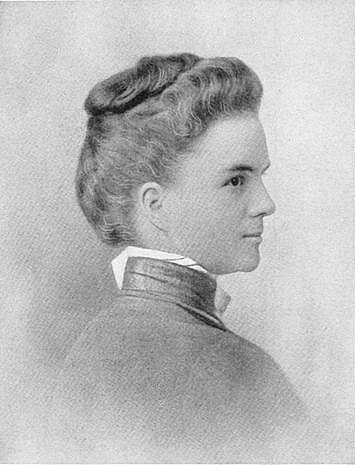
1863 – 1915
Who was she? An education advocate and activist for the women’s suffrage movement, she was best known for teaching at the Tuskegee Institute and publishing articles about African American equality, prison and education reform, and a woman’s right to vote.
Read in the classroom: Her biography, Princess of the Hither Isles, written by historian (and her granddaughter!), Adele Logan Alexander.
10. Fannie Lou Hamer
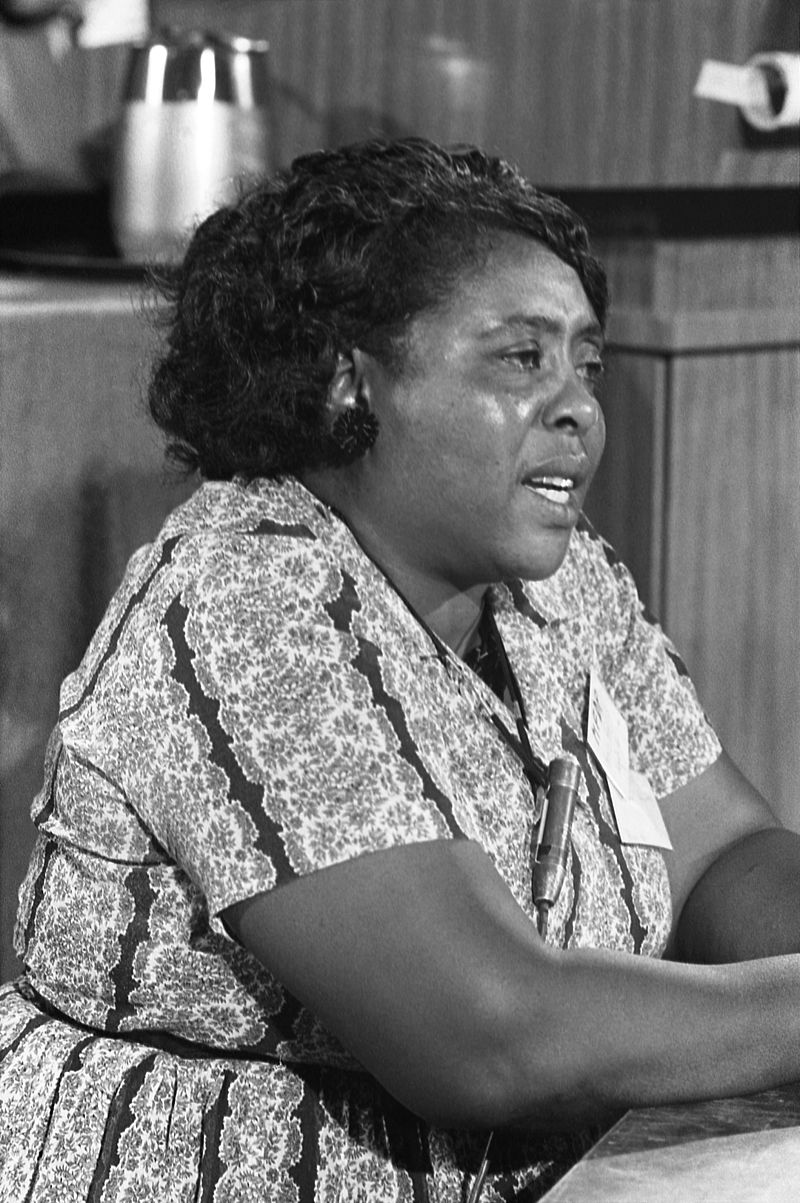
1917 – 1977
Who was she? A powerful voice for the civil rights movement, she was a leader in the fight for voting rights, economic opportunity, and equality for all African Americans. She was a firm believer in political advocacy, and co-founded the Freedom Democratic Party and National Women’s Political Caucus.
Significant quote: “Nobody’s free until everybody’s free.”
11. Lugenia Burns Hope
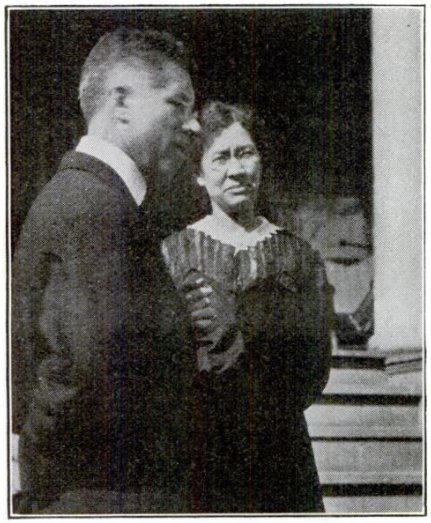
1874 – 1947
Who was she? A social reform advocate who created the Neighborhood Union, the first woman-run social welfare agency for African Americans in Atlanta, which provided medical, recreational, employment, and educational services. She became known for her activism highlighting community building, racial equality, and gender rights.
Her significant other: John Hope worked tirelessly by her side as a political and social activist, and became the first African American president of Morehouse College and Atlanta University.
12. Josephine St. Pierre Ruffin
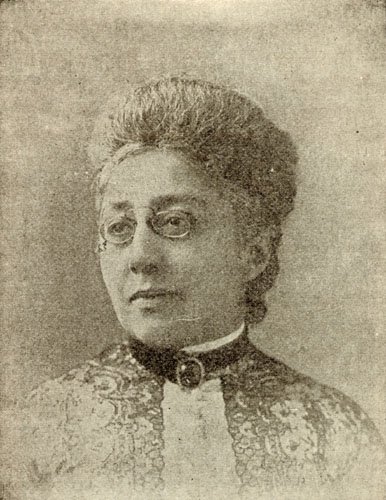
1842 – 1924
Who was she? A civil rights activist and suffragist, she started the Woman’s Era, the country’s first newspaper published by an African American woman. She also helped found some of the most instrumental women’s voting rights associations, including the American Women Suffrage Association and the Women’s Era Club.
Read in the classroom: Her editorial article, “Trust the Women!” published in The Crisis, the official publication of NAACP.
13. Daisy Bates
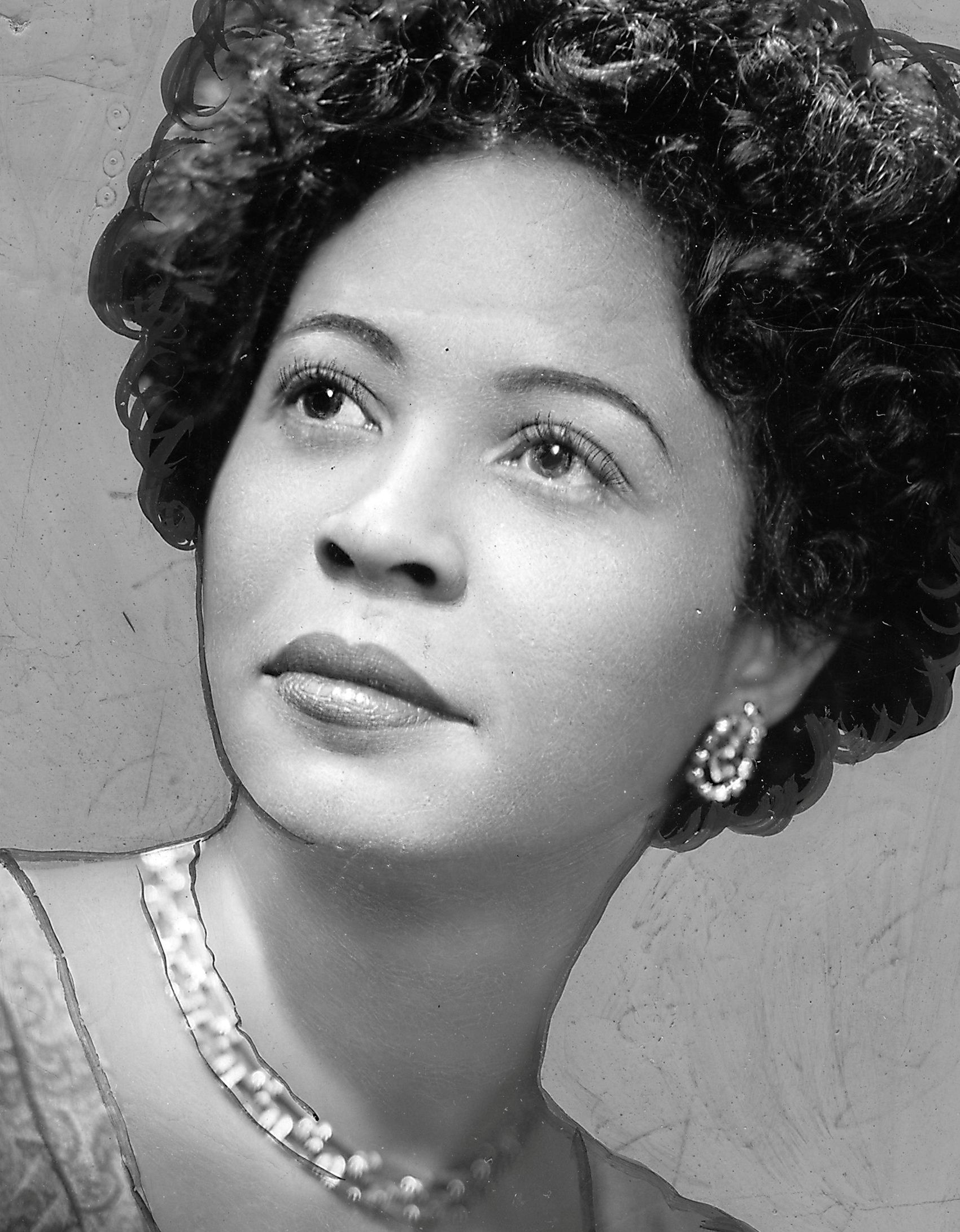
1914 – 1999
Who was she? A leader of NAACP branch in Arkansas, she was a civil rights activist and journalist who ran the Arkansas State Press, which publicized violations of desegregation rulings. In 1957, she played an key role in the integration of Central High School and helping the Little Rock Nine attend school.
Significant quote: “Surely the world we live in is but the world that lives in us.”
14. Dorothy Height
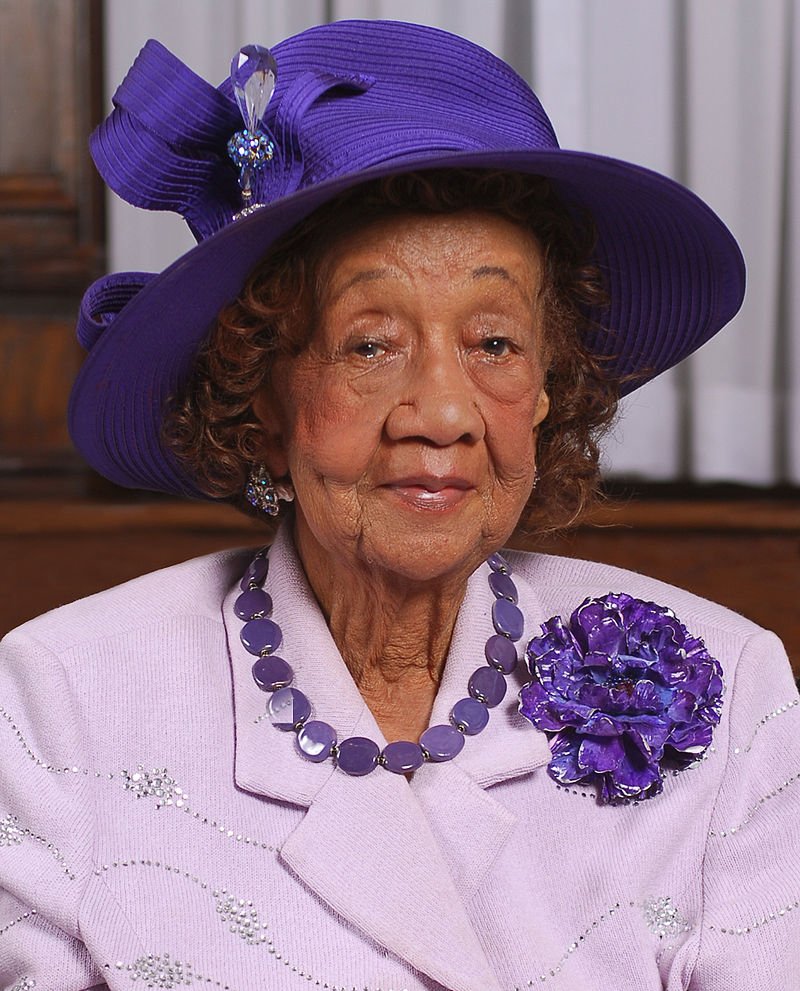
1912 – 2010
Who was she? The president of the National Council of Negro Women for forty years (1957 – 1977), she was a fierce activist for civil rights and women’s suffrage. She focused heavily on ending the lynching of African Americans and restructuring the criminal justice system. She was a key organizer of the March on Washington, and often was called upon by American political leaders for advice throughout her life.
Awards: Presidential Medal of Freedom, Presidential Citizens Medal, Congressional Gold Medal, NAACP Spingarn Medal, FDR Freedom From Want Award
15. Ella Baker
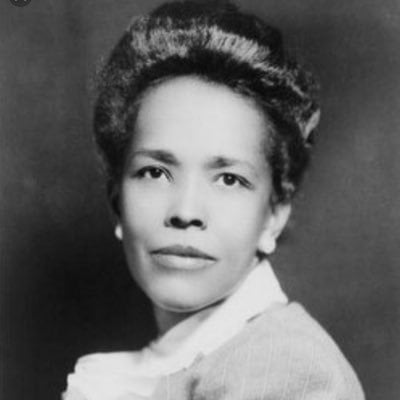
1903 – 1986
Who was she? An important figure in the civil rights movement, she founded the Student Nonviolent Coordinating Committee (SNCC) and promoted grassroots campaigning, radical democracy, and advocating for the oppressed.
Legacy: The Ella Baker Center for Human Rights, a non-profit action center, works for justice, opportunity, and peace in urban communities.
There are hundreds of other African American women who have contributed to the fight for women’s rights, racial equality, and various reforms. Our list continues below to highlight one woman per day in February. However, we recommend additional research through the National Museum of African American History and Culture and the National Women’s History Museum for more stories to teach during Black History Month (and every month).
16. Josephine Bruce
17. Jane Bolin
18. Septima Poinsette Clark
19. Constance Baker Motley
20. Mary Mahoney
21. Shirley Chisholm
22. Barbara Jordan
23. Condoleezza Rice
24. Mae Jemison
25. Dr. Alexa Canady
26. Mary McLeod Bethune
27. Amelia Boynton Robinson
28. Marie Foster
29. Michelle Obama
Seeking more resources to celebrate Black History Month?
Access civil rights activities with a free trial of Active Classroom
Monet Hendricks is the blog, social media, and meme connoisseur for Social Studies School Service. Passionate about the field of education, she earned her BA from the University of Southern California before deciding to go back to get her Master’s degree in Educational Psychology. She currently attends the graduate program at Azusa Pacific University pursuing advanced degrees in School Psychology and Applied Behavior Analysis. Her favorite activities include creating relatable education-based memes and cooking adventurous vegetarian recipes.
Monet, This article has invaluable information to support the celebration of Black History Month. I like that you focused on women. This has helped my female students to build their confidence and self-esteem based on the accomplishments and contributions of the females you have highlighted.
Thanks for this information and the summaries you prepared. I will use this in my classroom and share with other teacher’s on my team.
Excellent Material
This is excellent material for the nation of men, women and children. Love it